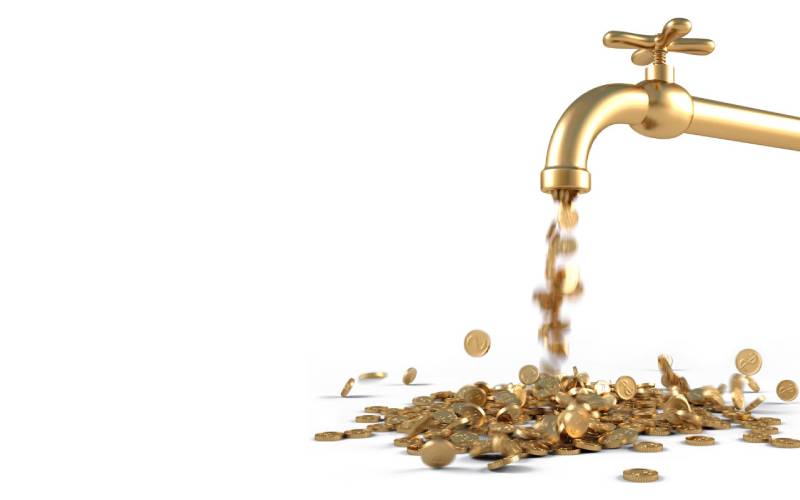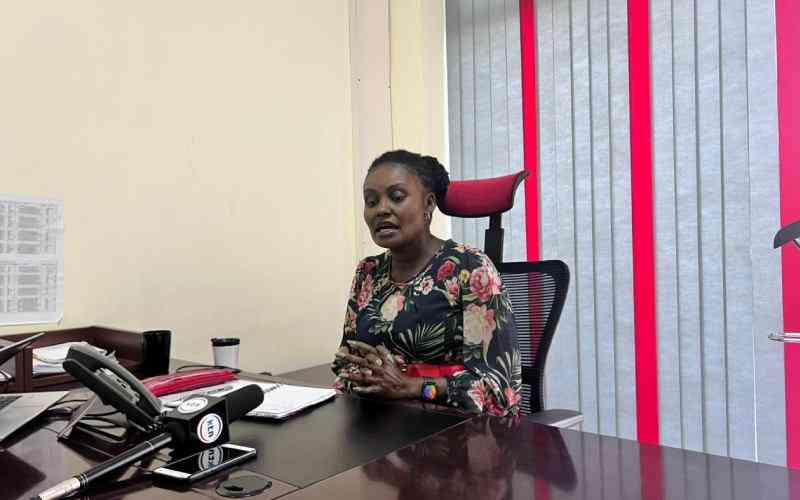×
The Standard e-Paper
Stay Informed, Even Offline

Investors and analysts, during the peak of Covid-19 infections, did not expect payouts to snap back quickly to 2019 levels. [File, Standard]
Kariuki Ngari, the chief executive of Standard Chartered Bank of Kenya, says he does not need to “hold anything in excess” like in 2020 when Covid-19 disruptions convinced him to conserve cash.







